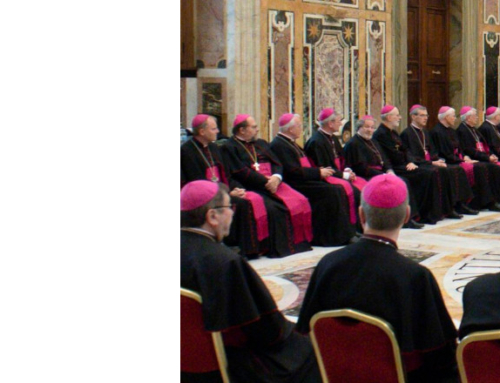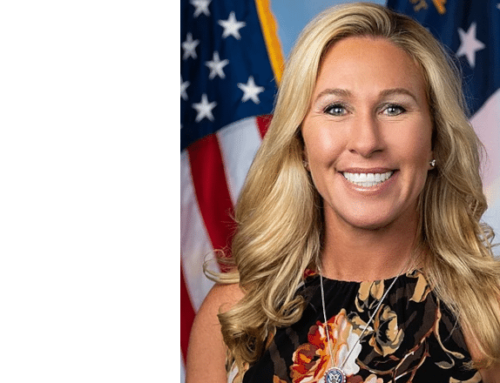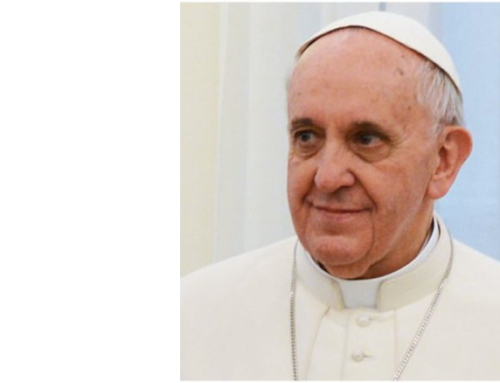Election day was a bad day for pro-lifers. They need to learn some lessons if progress is to be made.
It is not easy to win when the pro-life side is outspent by enormous margins, and that is exactly what happened in Ohio, Kentucky and Virginia.
The pro-life side in Ohio was outspent by a margin of $24.4 million to $16.3 million. In Kentucky, the figures were $47.8 million to $29.2 million, respectively. In Virginia, $35.2 million was raised by Democrats for the state legislative races, compared to $27.6 million for the Republicans. When Virginia Republican Party chairman Rich Anderson met with senior members of the Republican National Committee on Columbus Day, asking for help in raising money, he was turned down.
Money is tied to voter turnout, and the Democrats succeeded on that measure in all three states. While money is important, there are lessons that transcend this issue that pro-lifers must grasp.
It is a staple in pro-life circles to say they need to do a better job in messaging. That’s true but it belies a bigger problem: their message is wrong.
The fact is the American people will never vote for a complete ban on abortion, and it is about time our side got the message. In Ohio, the law signed by Gov. Mike DeWine in 2019 allowed for no exceptions for rape or incest. In Kentucky, the law that went into effect after Roe v. Wade was overturned allowed for no exceptions.
These laws are a non-starter. Moreover, they play into the hands of demagogues. In Kentucky, the pro-abortion side ran ads saying, “To tell a 12-year-old girl she must have the baby of her stepfather who raped her is unthinkable.” Even in Virginia, where the law allowed for exceptions, ads were run saying the pro-life candidates “will take away your rights.”
Some may say that if allowing for the usual exceptions didn’t work in Virginia, what’s wrong with an absolute ban? For one, an absolute ban guarantees failure. Second, as the Wall Street Journal put it, Virginia witnessed “razor-edge races [that] hardly amount to a grand rebuke of Gov. [Glenn] Youngkin.” In fact, the Democrats lost in key swing districts.
The moral issue is paramount. Is it acceptable for Catholics to vote for a candidate who is not opposed to all abortions? The answer is a qualified yes. If the choice is between candidates who are all in the pro-abortion camp, though not to the same degree, then the candidate who is the least pro-abortion can in good conscience be chosen.
Intent matters as well. If the reason why someone votes for a pro-abortion candidate has nothing to do with his support for abortion—it might have to do with the candidate’s support for union rights—then that is also an acceptable reason to vote for such a candidate. If the vote is cast to support abortion, that is illicit.
Consider what Saint John Paul II said in Evangelium Vitae about Catholic politicians.
He wrote that “when it is not possible to overturn or completely abrogate a pro-abortion law, an elected official, whose absolute personal opposition to procured abortion was well known, could licitly support proposals aimed at limiting the harm done by such a law and lessening its negative consequences at the level of general opinion and public morality. This does not in fact represent an illicit cooperation with an unjust law, but rather a legitimate and proper attempt to limit its evil aspects.”
Similarly, as Cardinal Joseph Ratzinger (the future Pope Benedict XVI) put it, “When a Catholic does not share a candidate’s stand in favor of abortion and/or euthanasia, but votes for that candidate for other reasons, it is considered remote material cooperation, which can be permitted in the presence of proportionate reasons.”
The United States Conference of Catholic Bishops (USCCB) has issued statements that mirror what these two popes have said. For example, they have said that in circumstances where all the candidates are pro-abortion, Catholics may vote for the one who is “deemed less likely to advance such a morally flawed position and more likely to pursue other authentic human goods.”
In practical terms, the USCCB is saying that if one of the candidates is pro-abortion but is opposed to forcing doctors to perform abortions and sex-reassignment surgery, and the other pro-abortion candidate wants to do just that, then voting for the former candidate is acceptable.
The choices we are faced with are not always ideal, but prudence dictates that we choose the lesser of two evils (for the reasons Saint John Paul II and Pope Benedict XVI enumerated).
The bottom line should be clear—the ultimate goal is the end of abortion. In the process of getting there, however, we should be prepared to get what we can realistically get now and then proceed to get more. Those who take an “all or nothing” stance should be prepared to get nothing. It is better that some lives be saved than none at all.







